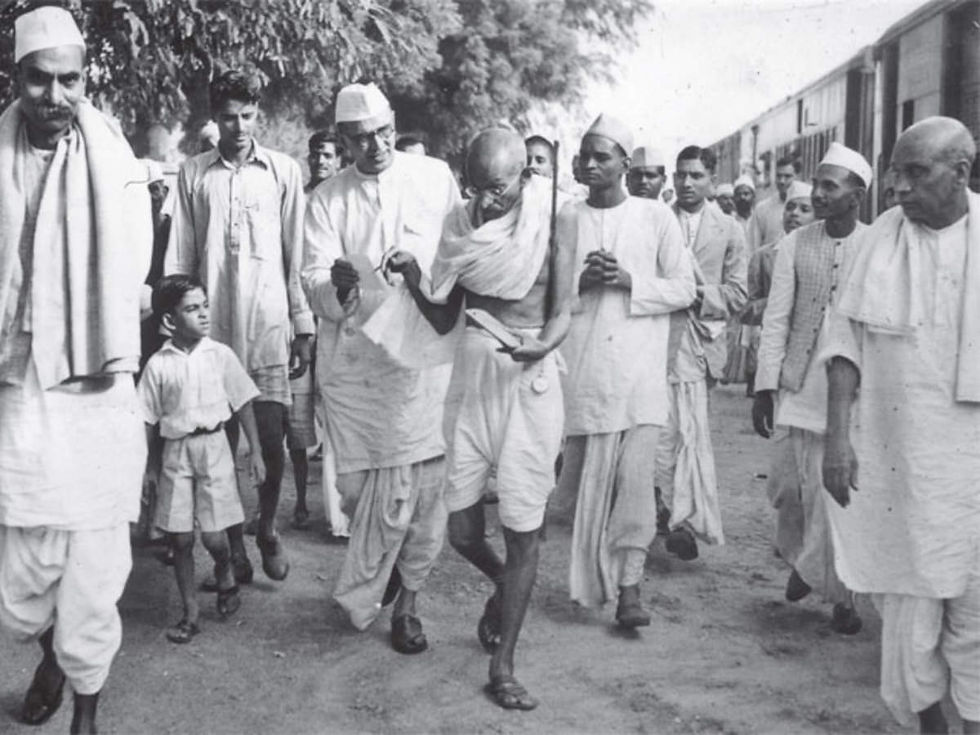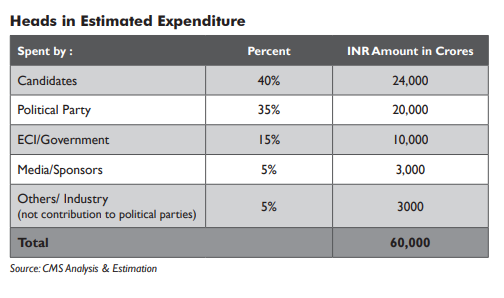"One Nation One Election"
- ekuday singh
- Sep 12, 2023
- 4 min read
(By Ekuday Singh Khurd, Founder, Global Scope)
One Nation, One Election
Conversation is brewing about ‘One Nation, One Election but what does that mean?
It means all elections in the country will be held simultaneously. The general election, the state assembly elections, and even the local elections, all of them held together. That's one Nation one election. In fact, after Independence, that’s how elections were held in India, all at once. Although the cycle broke in the 1950s and 60s. Some state governments were dismissed by the Centre, others were dissolved before their tenure. Regardless, the current government of Prime Minister Modi wants to change that. They want One Nation, one election. The ruling party, BJP (Bhartiya Janata Party), had promised the same in 2014 and then again in 2019. The Prime Minister too has endorsed this idea multiple times but it never really took off, not until this week.

The government has now created a special committee, headed by India's former president Ramnath Govind.
The question arises, What will this committee do? Reports state that the committee will hold talks with multiple stakeholders. I'm assuming that means political parties and election officials but there is no surety just yet. Further, it will prepare a report and submit it to the parliament. The government states that the plan is not immediate but will be gradual. The report will be debated over by lawmakers.
Yet another question arises, When will this debate happen?
Interestingly, the government has called for a special session of Parliament to be held between the 18th and 22nd of September. Rumor has it that One Nation, One election could be a topic on the agenda. The government has not confirmed anything about it so far, so it is all mere speculation but if not in September, then the report will be submitted soon enough.
And whenever that happens, we need to be prepared because this is a very important issue for all the citizens of this democracy. After all, elections are the most integral part of any democracy and how those elections are held - is an equally important concern.
One might ask, should the current system stay put, or should all elections be clubbed together, and be held as one?
Let me list the pros and cons so the contrast in concepts is clear.
The pros may vary from cost issue to better governance whereas the cons might be that all of it at once might just add to the confusion.
Beginning with the pros -
1. One Nation, One election would save a lot of money without a doubt. The 2019 general election cost around six hundred crore rupees. The same year, seven state elections were also held, some in April, some in October, and then some in November, utterly shattered. Had we clubbed all of them together, we could have saved money, security forces, and poll officials. Right now there is a need to mobilize them, multiple times in a single year. If all elections are held together, that will not be necessary. The burden in every aspect would be less.

2. The second Pro is an increased focus on governance. Campaigning once in five years and that's it, the rest of your tenure you work, ideal conditions. But right now you’re almost always campaigning. Chief ministers fly down to their states during elections. Same with the Prime Minister and his cabinet. It is like the country is always in election mode.
With One Nation, One Election you can correct that and number for more voter turnout.
For instance you work in Delhi but your vote is in Mumbai you may not be able to fly down for every election, but if it is all at once, there is a higher chance that you will now.
Now onto the disadvantages-
1. Regional issues may get ignored. They’re prone to being ignored. Let’s face it, General elections tend to attract more attention than state elections. So what will happen? Being all held together, national issues may end up dominating regional ones. After all, there are over a dozen regional parties.
2. The logistics. Having all the elections at once would require more electronic voting machines and security. Former poll officials have stated that this will be almost three times more challenging.
3. Educating the masses. The last time India held simultaneous elections was in the 1960s, so an entire generation is not even familiar with the idea. How do you educate them? How do you explain why they are voting twice or thrice? Or that one vote is for the center, the other is for the state? It could all get complicated.
And the final challenge is there might be some legal confusion. What happens if an assembly is dissolved prematurely or a government loses its majority? Will it be the president's rule for the remaining time? Again, we need clarity on all these questions.
Having said that, some countries already hold simultaneous elections like Belgium, Sweden, Brazil South Africa, and to some extent even the United States of America. Their presidential elections coincide with elections to the US House. Does that mean India should also do it? Well, it is tough to say.
Belgium and Sweden follow a different system. We follow first past the post whereas they follow proportional representation. Here in India, the candidate with the highest number of votes wins. It's as simple as that.
That's not how proportional representation works. If a party wins 30% of the votes, they get 30% of the seats, hence proportional over.
In the US there are only two major parties, the Republicans and the Democrats.
Here in India 6 national parties, 54 state parties, and more than 2000 unrecognized ones. So copy and paste might not work. We need an Indian version of simultaneous elections. Most political parties agree that it is necessary. What they disagree on, is how it should be done. But honestly, there is only one way to find out, through consensus.





Comments